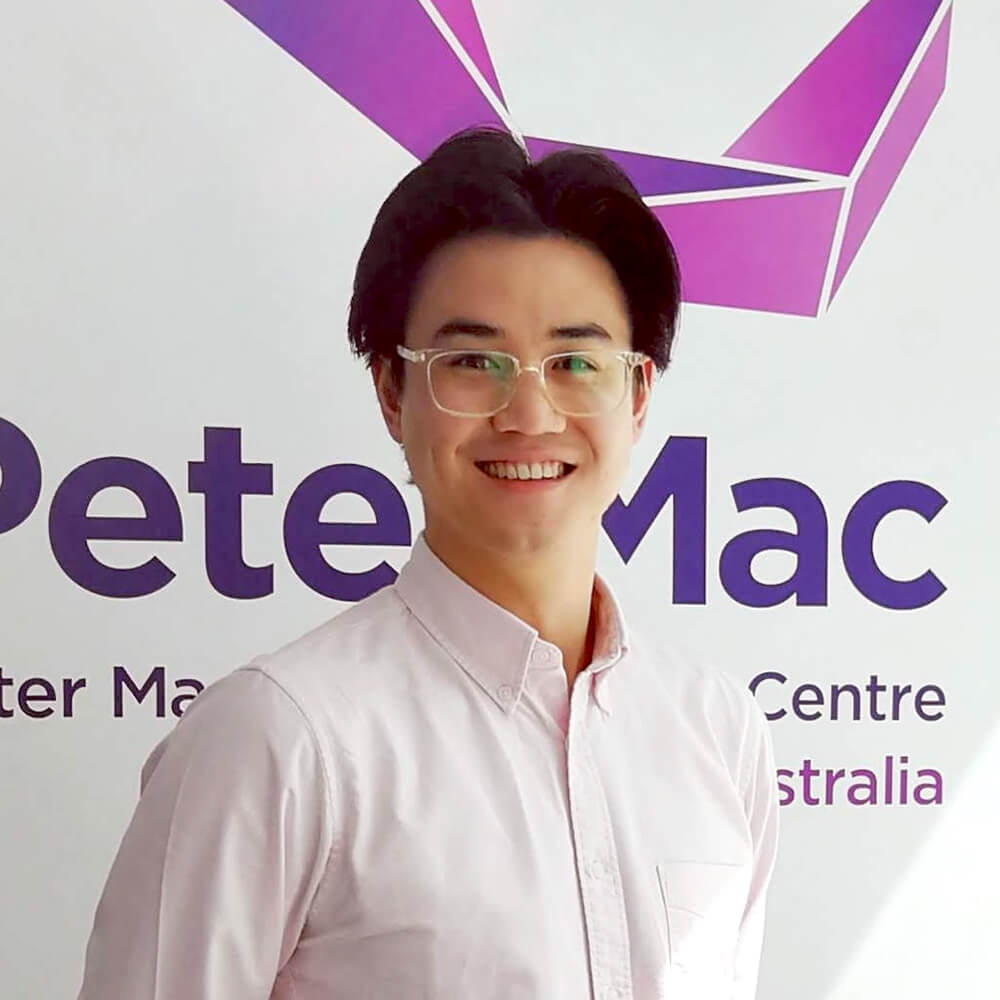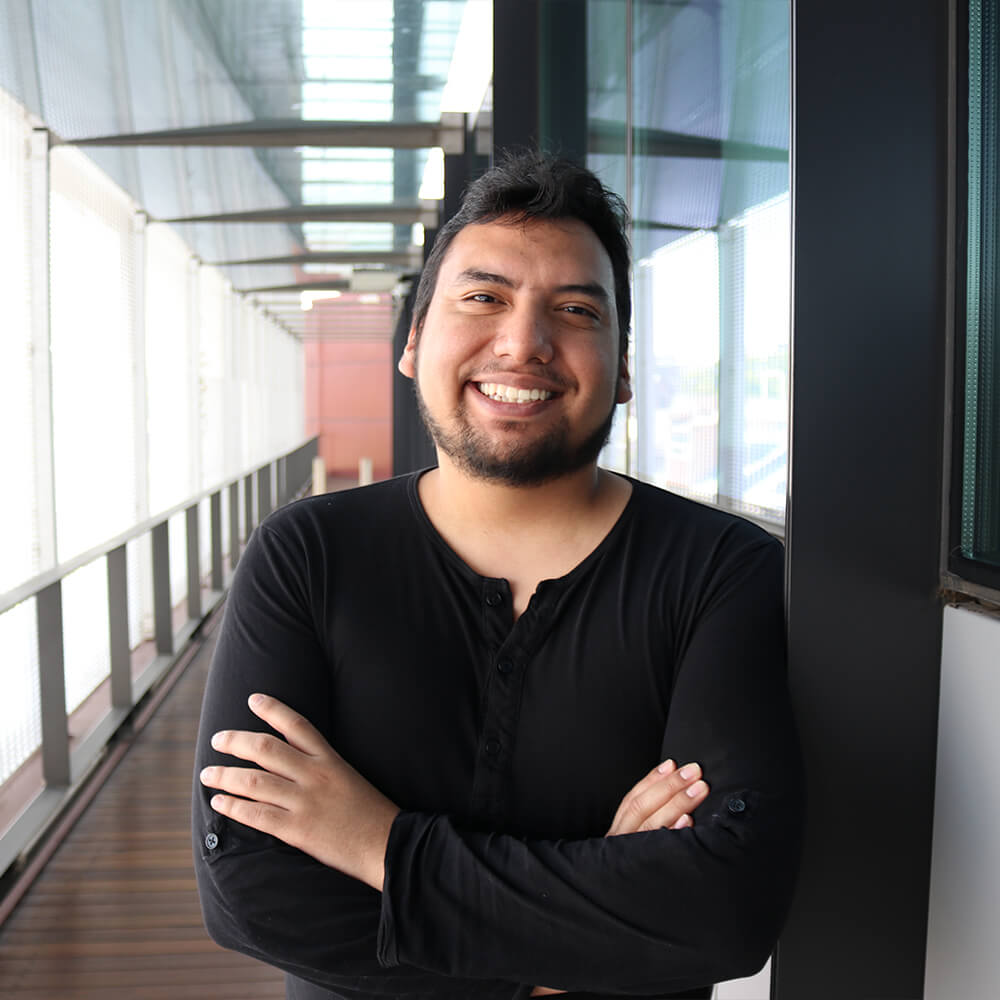2022 CSL Florey Next Generation Award Winner

Chloe Yap
Mater Research
Chloe Yap is a final year MD-PhD-GCBusLead candidate at the Mater Research Institute and the Institute for Molecular Bioscience, University of Queensland. Her doctoral thesis integrates deep phenotypic and multi-omics data (genetic, epigenetic, gut metagenomic and blood metabolomic) from the Australian Autism Biobank, working with the Autism CRC answer under-researched questions of specific interest to autistic people.
This approach has contributed to a more comprehensive understanding of autism biology and its commonly co-occurring conditions. Chloe’s PhD has also included a stint at UCLA on a Fulbright Future Scholarship to investigate the contribution of brain cell-types to neuropsychiatric diagnoses. She is also a keen advocate for translational research and the clinician-scientist pathway.
Ultimately, Chloe hopes to unify her interests in psychiatry, medicine, bioinformatics, health systems and policy to improve the physical wellbeing of people living with mental health conditions.
2022 CSL Florey Next Generation Finalists

Jack Chan
Peter MacCallum Cancer Centre
Jack is a final year PhD candidate undertaking research at the Peter MacCallum Cancer Centre with Beavis and Darcy Laboratories. He is part of a research group that aims to enhance a specialised cancer therapy known as chimeric antigen receptor (CAR) T cell therapy for the treatment of solid tumours.
Jack is a high-performing candidate having published several papers in leading journals such as Nature Immunology and Cell Press and has received a number of awards including the prestigious Campion Ma Playoust Memorial Award. Jack is passionate about medicines access and has a keen appreciation for science communication.
In his spare time creates video content for research adjacent departments at PeterMac and runs a small podcast for general audiences. Following completion of his PhD, Jack has aspirations to transition into a role in field medical affairs.

Jose Alquicira Hernandez
Garvan Institute of Medical Research
Jose Alquicira Hernandez is an Early Career Researcher at the Garvan Institute of Medical Research. During his PhD, he pioneered statistical and computational methods for single-cell genomics and applied statistical genetics approaches to study the genetic basis of autoimmune disease in the Australian population. His work has been published in 11 high-impact papers including Science, Nature Genetics, and Genome Biology and has been cited more than 1200 times. Jose is one of the scientific leaders of the single-cell eQTL consortium, the largest international effort to characterize the effect of genetic variation in gene expression.
Due to his research impact, Jose recently received an NHMRC Investigator grant to study the impact of genetic variation in the human immune system and its role in disease.
Additionally, he was invited and financially supported to run a workshop on immunogenomics at the Stanford University School of Medicine and the School of Medicine of UCSF in 2019. This year, Jose established a long-term collaboration with the Harvard Medical School, where he was invited to visit and present his work on immunogenomics. Jose is currently undertaking a fully-funded research stay at the Helmholtz Institute of Computational Biology in Germany where he is applying machine and deep learning approaches to understand autoimmune cell dynamics.

